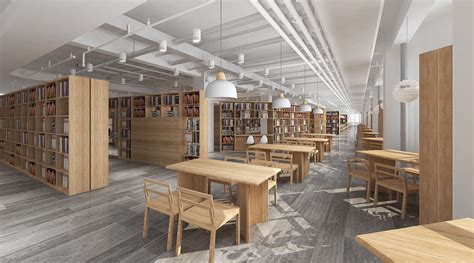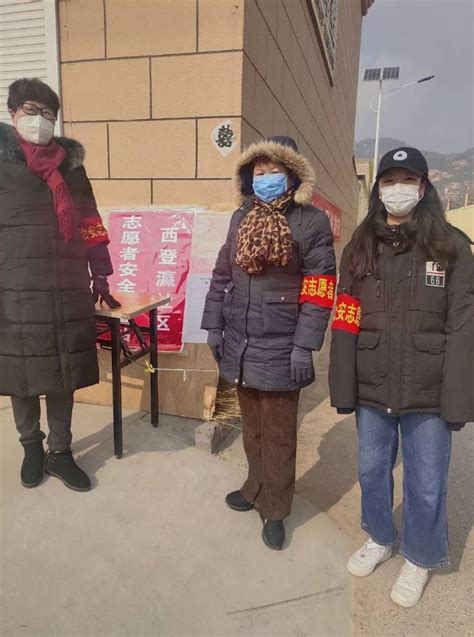图书馆改造建议英语作文
Transforming Libraries: A Guide to Renovation and Upgrades
Introduction:
Libraries play a crucial role in our communities, providing resources, knowledge, and a gathering place for individuals of all ages. As the demands and needs of library users evolve, it becomes necessary to renovate and upgrade these spaces to meet the expectations of modern society. In this guide, we will explore the various aspects of transforming libraries and provide recommendations for successful renovation projects.
1. Understanding the Needs:
Before embarking on a library renovation, it is essential to assess the needs of its users. Conduct surveys, focus groups, and interviews to gather data on the community's expectations. Consider factors such as space utilization, accessibility, technological requirements, and the diversity of users.
2. Maximizing Space:
Often, libraries have limited space that needs to be optimized effectively. Create flexible layouts by incorporating modular furniture, movable shelves, and multipurpose areas. Design zones for various activities, such as reading, studying, collaboration, and community events. Utilize vertical space for book storage and consider compact shelving systems to maximize capacity.
3. Enhancing Technology:
Technology is an integral part of modern libraries. Provide highspeed internet access, charging stations, and computer workstations. Incorporate digital displays for book recommendations, interactive learning tools, and selfcheckout systems. Install RFID tags for efficient book management and automated sorting systems to streamline operations.
4. Creating Collaborative Areas:
Libraries have transformed into social hubs where people come together to engage in group activities. Design collaborative areas with comfortable seating, whiteboards, and multimedia equipment. Install private study rooms for individuals or small groups, equipped with multimedia capabilities for presentations or video conferences. Encourage community organizations to hold events at the library, fostering collaboration with local groups.
5. Improving Accessibility:
Ensure the library is accessible to all individuals, including those with disabilities. Install ramps, elevators, and accessible restrooms. Design furniture and shelves at varying heights to cater to people of different abilities. Provide assistive technologies, such as screen readers and magnifiers, for visually impaired users. Incorporate tactile indicators and braille signage for navigation.
6. Incorporating Natural Elements:
Create a welcoming and comfortable environment by incorporating natural elements. Use large windows to maximize natural light and provide views of the surrounding environment. Add indoor plants for improved air quality and aesthetics. Consider outdoor reading gardens or rooftop terraces for users to enjoy nature while reading or studying.
7. Embracing Sustainability:
Renovations provide an opportunity to implement sustainable practices. Install energyefficient lighting systems, motion sensors, and smart thermostats to reduce energy consumption. Use environmentally friendly materials, such as recycled carpeting or low VOC paints. Implement proper waste management systems, including recycling and composting stations.
8. Promoting Innovation:
Libraries need to remain relevant and innovative in the digital age. Create makerspaces or innovation labs with equipment like 3D printers, laser cutters, and coding stations. Provide access to ebooks, online databases, and research tools. Collaborate with local schools, universities, and technology companies to offer workshops and training sessions.

Conclusion:
Transforming libraries requires careful planning, considering the needs of the community, and incorporating modern features and technologies. By maximizing space, enhancing technology, and creating collaborative areas, libraries can evolve into dynamic, inclusive spaces that cater to the evolving needs of their users. Embracing sustainability and promoting innovation will ensure that libraries remain vital community resources for generations to come.










